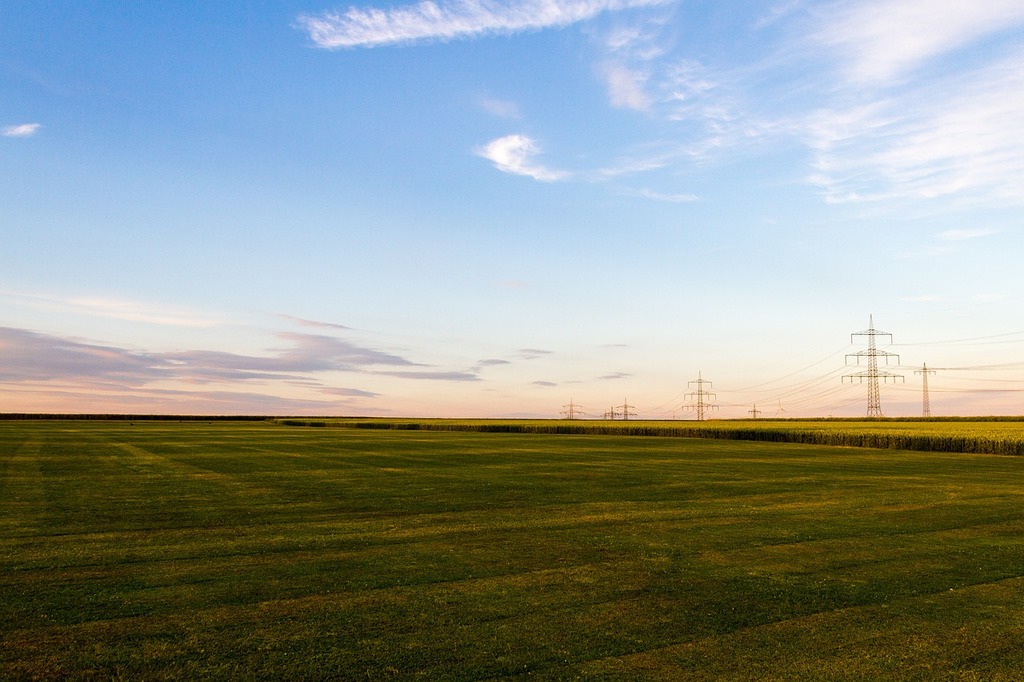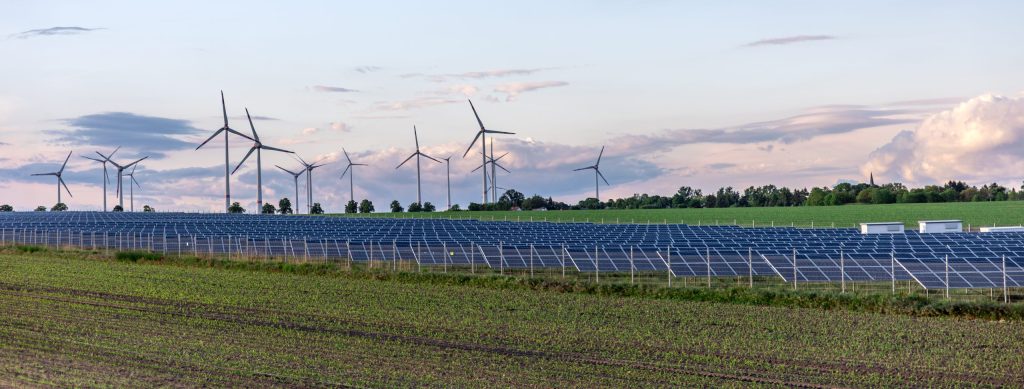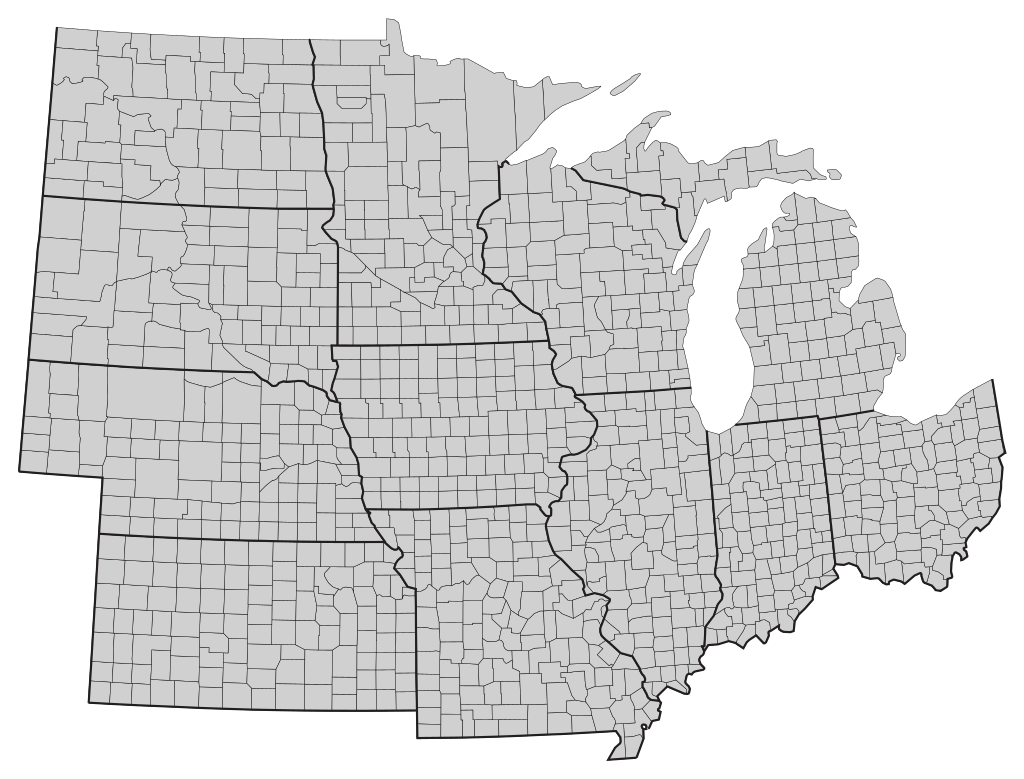
Informing Energy Policy and Regulation
The Center for Rural Energy Security conducts independent, non-partisan research and analysis to inform decision makers and policy experts on rural energy security matters. CRES research staff and affiliate scholars are engaged in an array of projects with implications for rural energy security concerns. Some projects are driven by faculty members’ own research initiatives while other projects are developed in response to inquiries from our partnering organizations and the policy-making community. Regardless the process, CRES provides reliable data and sound analysis for energy industry stakeholders.
Elected officials, legislative staff, and industry regulators at the local, state and federal levels need reliable, timely, and objective analysis of the potential economic and social effects of energy policy decisions. Whether through training programs, policy analysis briefs, or invited testimony, CRES aims to help educate decision makers to develop data-driven policies.
CRES offers research and publication training opportunities for graduate and undergraduate students from a variety of disciplines with interests in energy policy research. In addition to working on policy-relevant research for academic publication, students will have opportunity to publish and present their results for industry stakeholders, policy makers, and the general public through white papers, opinion editorials, and research round tables.
CRES collaborates with a multidisciplinary group of faculty across the University of Missouri. You can learn more about our affiliate scholars and their research backgrounds on Our Team page. If you are interested in collaborating with CRES, contact us at cres@missouri.edu.


